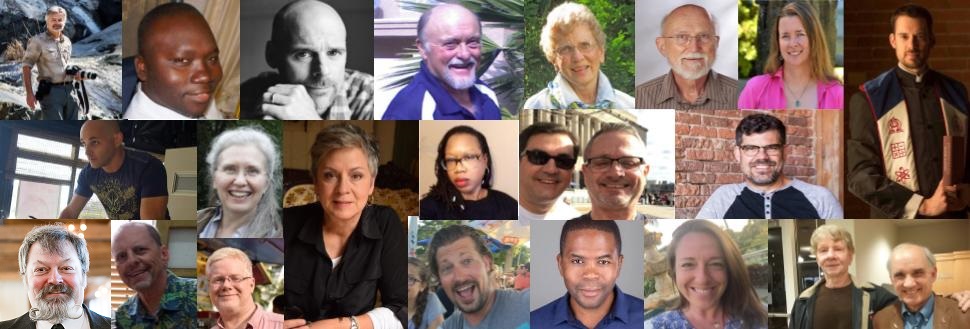
Our Mission
The Clergy Project’s Mission is to provide support, community, and hope to current and former religious professionals who no longer hold supernatural beliefs.
Within Our Online Community ~
The Clergy Project centers on a private, safeguarded, and multifaceted Online Community of Forums. Our founders first conceived of this online safe space as a platform that would allow post-belief religious leaders around the world to gather in support of one another.
It is here within this Online Community of Forums where the TCP Mission finds its primarily fulfillment. It is here where our airtight security and anonymity tools allow our Project participants to truly let their guards down as they share and discuss their deepest of worries, frustrations, and perspectives. Interacting with their peers, it’s here where a sense of true community is cultivated and a network of practical support is developed. And in so doing a breath of real hope is discovered as participants encounter hundreds of other post-belief clergy on similar journeys as their own. Here our Project participants discover above all that they are not alone.
Within the context of this Mission, our Project seeks to provide additional support in the most tangible of ways. One prominent example of such opportunities is the Transitional Assistance Grant (TAG) provided by the Stiefel Freethought Foundation.
Beyond Our Online Community ~
Our Mission is then extended to the wider TCP community by furthering this same spirit of support and hope to closeted post-faith religious professionals who yet remain outside The Project and therefore without access to our Online Community of Forums. This extension takes place through such avenues as the following:
- YouTube
- Partnerships with Likeminded Organizations
- Our Presence at Secular Conventions
- Our Speaking & Interview Schedule
- ClergyProject.org’s Our Stories blog
- ClergyProject.org’s Secular Resource Center
In all these ways and more, The Clergy Project seeks to reach out to a whole world of post-faith clergypersons who desperately need it, thereby extending support, community, and hope to a rising demographic that needs it most.

